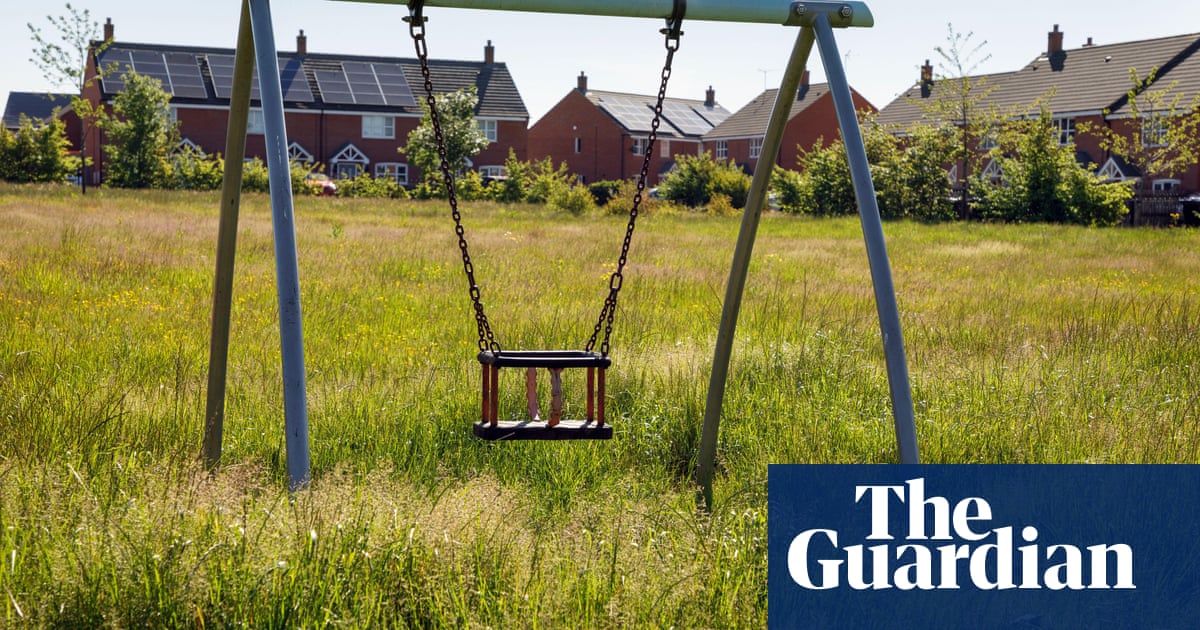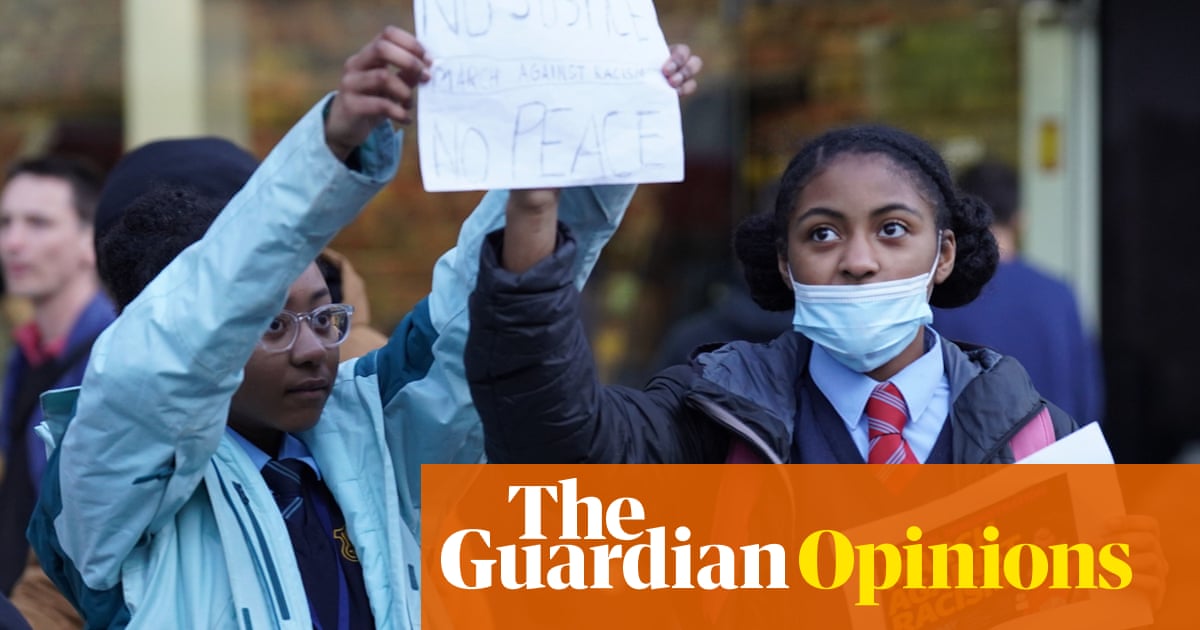
ast year, documentary maker Lyttanya Shannon began looking for contributors for a new film on a disturbing period in British history. Her focus was the Black British children who found themselves unfairly removed from mainstream education in the 1960s and 70s. They were sent to what were known as “dustbin schools” – places for those deemed “subnormal”. And black children were four times as likely to be sent to them as white children.
So raw was their pain, Shannon tells me, that it was hard to find anyone willing to discuss their time in such institutions on camera. “40 years on, the trauma was still very present,” she says. “One lady had a terrible experience. She had come over from Jamaica, started at a mainstream school, but was then sent to an ESN [educationally subnormal] school. We met in a pub, and when we asked her to share her experiences, she just burst into tears. She said she hadn’t even told her children she’d been to this school.”
On the surface, Shannon tells me, the woman had “moved on” – got a job, bought a house, raised kids. But her schooling – and the ableist slurs and discrimination that went along with it – had left lifelong scars. “Some people had buried it so deeply … it just felt too much, too raw and too exposing to participate.”
It is no wonder survivors of this system live with internalised shame. After all, the scandal recorded in Shannon’s documentary Subnormal, executive produced by Steve McQueen, is underpinned by eugenics and the belief that Black children were somehow lesser than white children. At the time, IQ tests, which were instrumental in transferring Black students to ESN schools, were heralded as an objective measure of intelligence testing across cultures. But Dr Waveney Bushell, the UK’s first Black community psychologist, who features in the documentary, points out how the tests were stacked against Black Caribbean children. Designed in Europe, children undertook exercises which involved identifying household objects such as a tap, even though, in some Caribbean countries, a tap would be better known as a pipe.
The arrival of tens of thousands of Caribbean people, dubbed the Windrush generation, also saw the pathologisation of culturally specific learning styles. “In the Caribbean, teachers are revered – you speak when you’re spoken to,” says Shannon. “I think there were a lot of cultural misunderstandings and assumptions that if a child was silent in the classroom, it was because they didn’t have the capacity to participate.”
Caribbean children were also routinely stereotyped by teachers as badly behaved, poorly disciplined and aggressive – when they may have been showing signs of alienation or trauma. This happened to Anne-Marie Simpson, one of the Windrush migrants featured, who left her grandmother to come to Britain at the age of nine, and arrived with little formal education. Simpson struggled with the sudden adjustment, social isolation and lack of support, finding herself slipping behind and getting into fights. Eventually, she was packed off to an ESN school.
“I think kids were written off,” says Shannon. “It was ‘one size fits all’. There were children with different levels of needs, but they weren’t being catered for.”
Some teachers did try their best to resist. “I don’t want to say that all of these schools were absolutely terrible and all the teachers in them were terrible, because that’s not the case,” says Shannon. One such teacher, Bernard Coard – who was originally from Grenada – chose to look on the children as individuals. “He gave me examples of kids who loved football, and so he would teach them geometry through football pictures, or girls who loved fashion, and he’d cut out patterns and teach them maths.”
In 1971, the Black Education Movement picked up steam when Coard released a text called How the West Indian Child Is Made Educationally Sub-normal in the British School System. The pamphlet laid bare the institutional racism and segregation Caribbean children faced in Britain, and was geared at parents. Its first print run sold 10,000 copies. By 1975, the Black Education Movement had spawned the Black Parents Movement – which lobbied for integration of ethnic minority and disabled children in schools, and established actively anti-racist “supplementary schools” for Black children.
But despite all the publicity around the scandal at the time, it has largely been written out of history. “When it comes to Black British history, the will to educate people obviously isn’t there [from the powers that be],” says Shannon. “If it was, it would be part of the curriculum.”
Subnormal covers issues close to McQueen’s heart. Last year, the final instalment of the Oscar-winner’s anthology film series Small Axe, titled Education, followed a rambunctious 12-year-old boy called Kingsley who was sent to an ESN school against his will. McQueen recently opened up about his own dyslexia: “I’m sort of mumbling and stuttering now because it was very painful for me … my presence wouldn’t be what it is today if it hadn’t been for the Black Parents Movement, and what they did to change the law and to demolish educationally subnormal schools.”
And yet racial justice is still very much a live issue in Britain’s education system. “Schools recorded over 60,000 incidents of racism in the last five years,” Shannon says. Many young people still believe that race is a barrier to their success, and that they’re judged on their hairstyles and their physicality.
“Black Caribbean children still face higher exclusion rates than white kids,” she adds. “I know Gypsy, Roma and Traveller communities also do. I don’t think it’s an accident that if you look at the history of the Caribbean story over here and its relationship with education, that you’re still seeing those things today.”
While the racism detailed in Subnormal continues, Shannon believes we can learn a lot from the parent activists. “We all learn about the American civil rights movement and the resistance that took place there. Because we’re not taught about those things in this country, we don’t understand that there’s a whole legacy of it here too – of black intellectuals, black educationists, black parents, fighting for the rights of their children.”
Subnormal: A British Scandal is at 9pm on 20 May on BBC One












